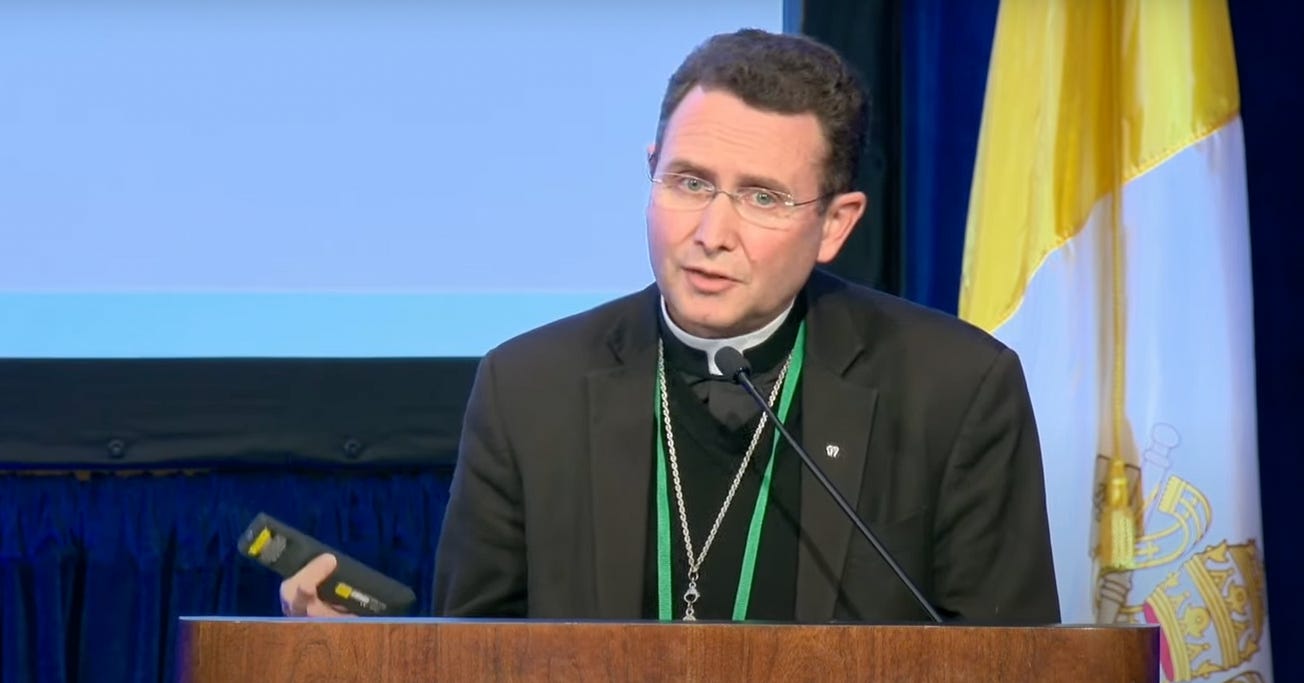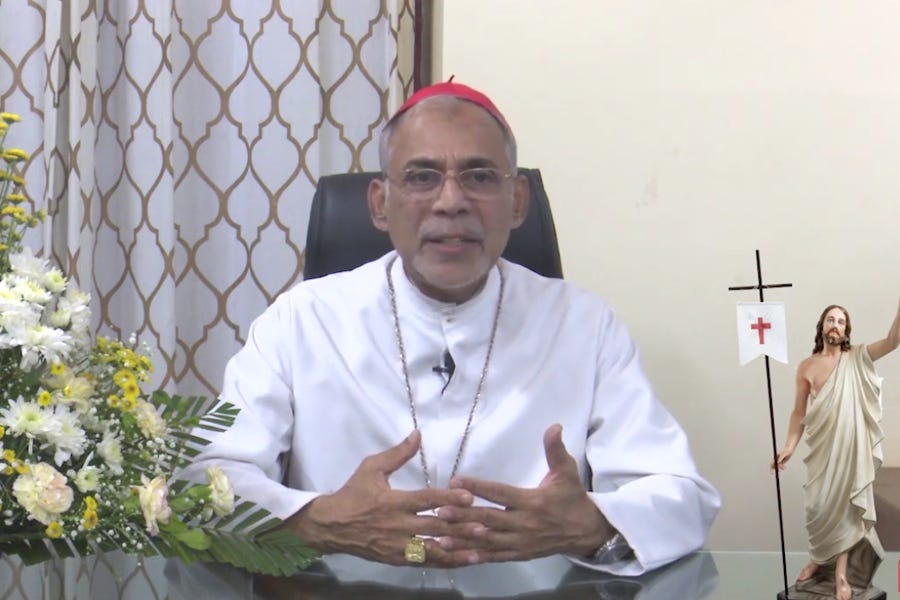Security measures imposed across Washington, DC this week have raised questions about whether the Jan. 29 March for Life could become overrun by partisan demonstrations, and whether security measures — or the threat of political violence — will keep attendees from traveling to the March.
March organizers have told group leaders that while they are expecting a crowd in the “thousands” for the event, it will be much smaller than in years past, when the annual pro-life demonstration has drawn hundreds of thousands of attendees.
After the Jan. 6 incursion of the Capitol Building by protesters, the area around the building has been fenced off, and scores of National Guard troops are expected to remain deployed in the region at least until the inauguration of President-elect Joe Biden next week.
It is not clear what security will remain in place by the March for Life. Washington Metropolitan Police, still planning for the Jan. 20 inauguration, declined to comment on plans for the March for Life.
But because of the political nature of the March for Life, the prospect for political violence has been a consideration for some attendees.
“The possibility of protests involving violence is something we are concerned about from both extremes of America right now,” Jeff Schinstock, director of youth and young adult ministry in the Diocese of Lincoln, Nebraska, told The Pillar, adding that the events of Jan. 6 heightened his concerns, but that violence at protests this summer had also contributed to them.
Schinstock typically oversees an annual pilgrimage of nearly 300 attendees to the March for Life. This year, mostly because of the pandemic, he said, his group is fewer than 30.
“I’m a little apprehensive. I’m not super apprehensive, because I’ve got a very small group, and I know that I can control that. But I can’t control what happens around me,” Schinstock said.
For his part, Schinstock said he hoped the events of Jan. 6 will not deter those planning to attend.
“I know there’s some hesitancy,” he said.
“I think it’s worth pushing through the fears because I think the likelihood of something happening directly to our group is minimal, and I want people to experience this pro-life event.”
The rally has in the past featured political speakers from both major parties. But in recent years, the number of Democrats able or willing to appear has been small, as the party has formalized its commitment to upholding abortion as a matter of national policy.
While pro-life Democrats like Louisiana state Senator Katrina Jackson continued to appear, prominent Republicans considerably outnumber their counterparts at the annual event.
Pro-Trump flags and signs have become common sights in the March crowds in recent years.
During his four year term, Donald Trump sent video messages to the rally twice. In 2020, he became the first president to address the event in person. While some praised the president’s attendance, other attendees complained that Trump’s attendance amplified the event’s partisanship, and felt his presence signified a tacit campaign endorsement.
Not clear is whether the 2021 march will have the same character, and whether it might attract demonstrators affiliated with fringe movements like “Stop the Steal,” or, amid the Trump impeachment process, amplified counter-demonstrations.
Schinstock told The Pillar that he has prohibited his group from wearing political clothing, or carrying signs or slogans promoting any candidate or office-holder.
“I first pondered that after the [2019] Covington incident, but after January 6 I decided that political clothing could make our kids targets from two different extremes,” he told The Pillar.
While the March for Life declined to comment on how the political climate has impacted planning, in December organizers announced a line-up of speakers that features no politicians. Instead, the speaker slate includes pro-life pastoral leaders former NFL players, and musicians.
Also absent from the 2021 roster are several pro-life speakers who have in recent months publicly associated themselves with political causes linked to the Capitol protests earlier this month, among them is And Then There Were None founder Abby Johnson, who has spoken previously at the March.
Schinstock said that from his view, an emphasis on prayer and solidarity would be an appropriate tone for the March.
“I think that prayer and witness to the dignity of human life should always be the emphasis of the March for Life, and I think that’s especially important [this year].”
Even with an apolitical approach from the dais, the march could still draw party-political demonstrators, especially given the incoming administration’s committed support for abortion.
Joe Biden’s campaign for the presidency saw the president move to the left on abortion, and cemented his agenda in favor of expanding abortion access, increasing federal funding for abortion providers, and legislating to prevent any state efforts to limit abortion.
“One of the reasons that there’s been a marriage between one party and the pro-life movement, which has become too much of a political endorsement, is that the other party has refused to see the dignity of life in many situations,” Schinstock offered.
Even before the events of recent weeks, March organizers had already adapted events because of the pandemic. All participants will be required to wear masks, and the Knights of Columbus have arranged to distribute them to the crowd where needed.
Several events surrounding the March have announced the decision to go online for 2021.
The Youth Rally and Mass for Life, the Archdiocese of Washington’s largest annual event, is normally held at Capitol One Arena in downtown Washington. Cardinal Wilton Gregory will lead the Mass virtually. A spokesperson told The Pillar that Gregory has not yet cemented his schedule for the day; it is unclear what events the cardinal will attend
The Basilica of the National Shrine of the Immaculate Conception, adjacent to the campus of The Catholic University of America, is a key staging area for Catholic groups attending the event. In most years, thousands of attendees have filled the basilica for Masses on the days surrounding the March.
This year, the shrine has announced that the opening Mass will be led by Archbishop Joseph Naumann, chair of the U.S. bishops’ conference committee on pro-life activities, but the Mass will be closed to in-person attendance.
Friday morning’s Mass, led by Baltimore Archbishop William Lori, will have a strict attendance limit of 250 people - in line with District rules on indoor gatherings.
Even if marchers and pilgrims are unable to make it inside the church, the shrine is likely to still see crowds gathering on its steps; its sizable parking lot is listed on the official March for Life website as a charter bus destination.
Neither the March for Life nor the Shrine of the Immaculate Conception responded to requests for comment from The Pillar on security during the March.





